The perfect storm is brewing in Thailand, and the forecast is a massive disruption in humanity’s relationship with the hemp plant.
Thailand’s hemp industry has been buzzing ever since 2018, when the country became the first in Asia to legalize the plant.
And while many view Thailand as the “green rush” of the East, the situation is much more complex than that, the opportunities far greater.
“People are excited to do business in Thailand, and it’s bigger than just one country, this is a hub for all of Asia,” says Dr. Aimon Kopera, CEO of Geneomics Global.
“When Thailand legalized hemp in 2018 there was a lot of chaos. So many people wanted in, and the Thai government didn’t know whom to trust,” Kopera explains.
With so much confusion and so many knowledge gaps, it made it all the harder to discern between who could really add value and who just wanted to make a quick buck.
Kopera, who was born and raised in Thailand before moving to the U.S. 30 years ago was able to cut through a lot of that early chaos and into the eye of this cannabis hurricane.
With her diverse international background in plant-based medicine, ethnobotany, epigenetics, genomics, cannabinoid science, product formulation, and entrepreneurship, Kopera brings a lot of clarity and momentum to Thailand hemp.
“When people in Thailand think about cannabis, they’re thinking about cannabis as medicine. Not to get high but to use it for cancer, diabetes, sleep, weight loss…this oil helps them manage their treatments,” Kopera says. “Cannabis brings smiles back to the land of smiles.”
The Cannabis Gateway to Southeast Asia
Much of Asia has a rich history in using cannabis/hemp as a food, medicine, and fiber.
And Thailand, which has long been considered a gateway to Southeast Asia, has some interesting things going for it after nearly a century of cannabis prohibition.
Perhaps the most obvious advantage is the country’s inviting status as a tourism hotspot – think warm beaches, amazing food, sacred temples, lots of smiles, and nature at its finest – all of which make it a prime spot for business development.
Another fun cannabis fact about Thailand is its climate, which allows for a year-round planting season. It’s quite probable that Thailand’s dense, fertile jungles may have even been the birthplace of some landrace varieties of cannabis.
What most outsiders don’t realize yet is how the Thai government is taking an active approach in supporting the hemp effort. This translates to a veritable hotbed of opportunities in cultivation, research and development, product formulation, education, and more.
All this R&D will ideally translate to new breakthroughs for many applications of hemp, effectively driving global demand for all the biomass that Thailand will produce.
Anyone who has followed the U.S. hemp industry, will know that this is a huge reason why many hemp farmers failed. The hyperfocus on CBD left very little demand for other parts of the plant, and the different ways they can be used.
Consumers aren’t exactly lining up to buy hemp protein bars, hemp fabric, hemp cattle feed, hemp plastic, hemp fuel, or hempcrete despite the potentially life-saving or earth-saving benefits.
The all-out demand for hemp products and applications just isn’t there yet, and that needs to change at a much faster rate.
If Thailand maintains its course to become an East-meets-West hemp hub, it will create so much biomass, that it won’t have any choice but to pull the rest of the world along with it, stimulating market demand with powerful stories of scientific breakthroughs and hemp-based solutions.
The world needs hemp now more than ever, to feed us, clothe us, shelter us in the most sustainable of ways, and to help sequester carbon from the soil.
Can Thailand be the catalyst we so desperately need to ignite the hemp revolution?
Tapping into Thailand’s Great Hemp Hope
“One of the elements that has me excited to be working on hemp in Thailand is that hemp has a long history in the Kingdom (as it does in so many places in Southeast Asia and beyond),” said Doug Fine, hemp farmer and educator.
“For instance, the fiber knowledge among the Hmong people in the north is world renowned.”
On a policy level, Fine continued, although still evolving, it is encouraging that Thailand has broached the one percent THC definition for hemp.
“I can attest from cultivation, journalism and advising in the U.S. that this level makes life easier for farmers,” said Fine, whose acclaimed books include Hemp Bound and American Hemp Farmer.
“Moreover, the more friendly policy can be to farmers and enterprises, the better Thailand’s chances are to emerge as a hemp leader in the coming decade,” he added.
“Because the hemp industry is in its early stages of reemergence in Asia (other than in obvious historical players like China and Nepal), the opportunity certainly exists for a promising Thai launch of its modern hemp industry.”
Thailand certainly has the advantage of building on the lessons-learned from earlier markets in North America and Europe, as well as its own history of hemp/cannabis knowledge and traditions.
It wasn’t until the 1930s that Thailand fell victim to the global wave of reefer madness propaganda driven by the U.S. and Harry Anslinger, the racist greedy father of cannabis prohibition.
Thai leaders strictly prohibited the plant for more than eight decades. The harsh laws and penalties forced this valuable crop underground, along with centuries of culture and tradition.
Some of that tradition has survived, passed on from one generation to the next. Like the villages in northern Thailand where traditional hemp fabric weaving is practiced to this day. Or the local healers who still brew plant-medicine formulations mixed with cannabis and other herbs.
However, Thailand like much of the world today has a lot of catching up to do, knowledge gaps which require credible education from one sector to the next. From farmers, to doctors, to pharmacists, to manufacturers, to regulators – what sector wouldn’t benefit from essential hemp and cannabis knowledge relevant to their needs, challenges, and pain points?
“In Thailand, we want to build a cannabis industry where everyone benefits,” notes Kopera, who is working with Thailand to create an international hemp supply chain.
“Farmers are a great example. The farmer in Thailand is very poor and people look down on that. They see farming as labor work; they see how the farmer never gets ahead or always gets taken advantage of, so people look down on farmers.”
With agricultural exports on the decline, the struggle across Thai farms is further compounded. For these men and women who work the land, hemp could be a game-changer.
Enter Geneomics Global with co-op farming programs to supply these farmers with hemp seeds and training, as well as both local and international buyers for their crops.
“The intent isn’t just to set up a robust supply chain, but to create a streamlined industry that benefits the people of Thailand at every level of society,” Kopera says.
Creating jobs, bolstering public health, boosting the economy, and serving the planet – visions don’t get any more vibrant than this.
Keep a close eye on the Thailand hemp rollout, and if you want to be a part of it, be prepared to add value.
Need a little more Bluntness in your life? Sign Up for our newsletter to stay in the loop.
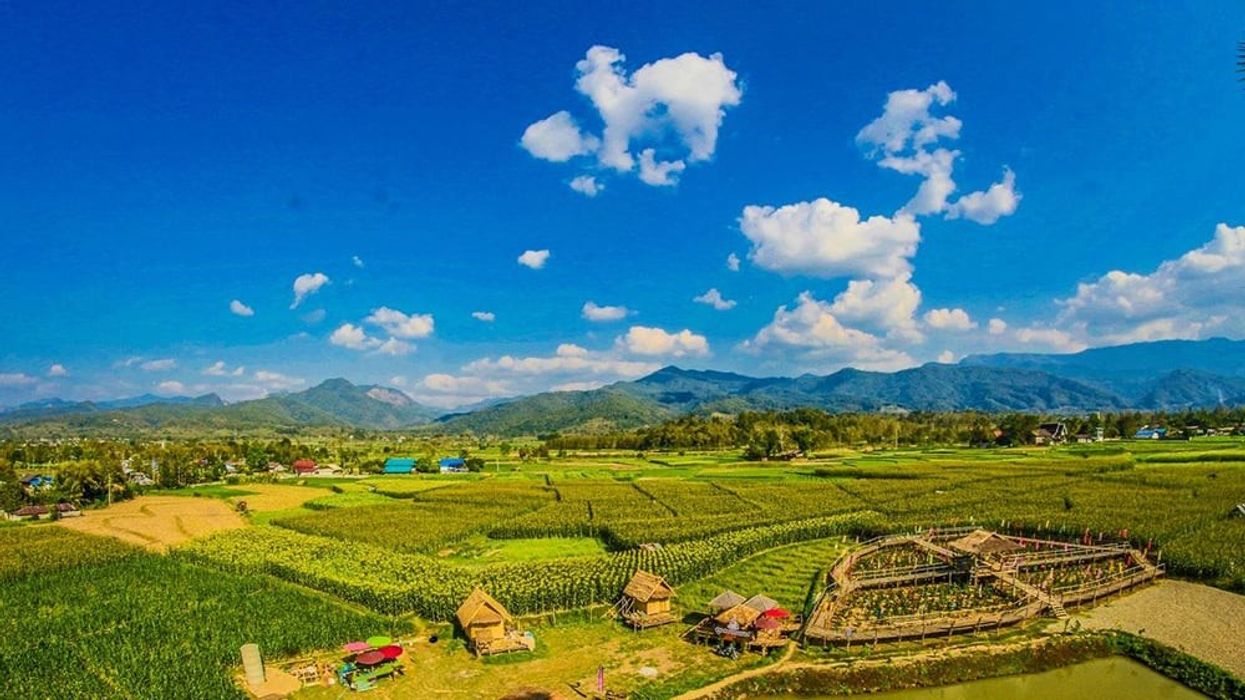

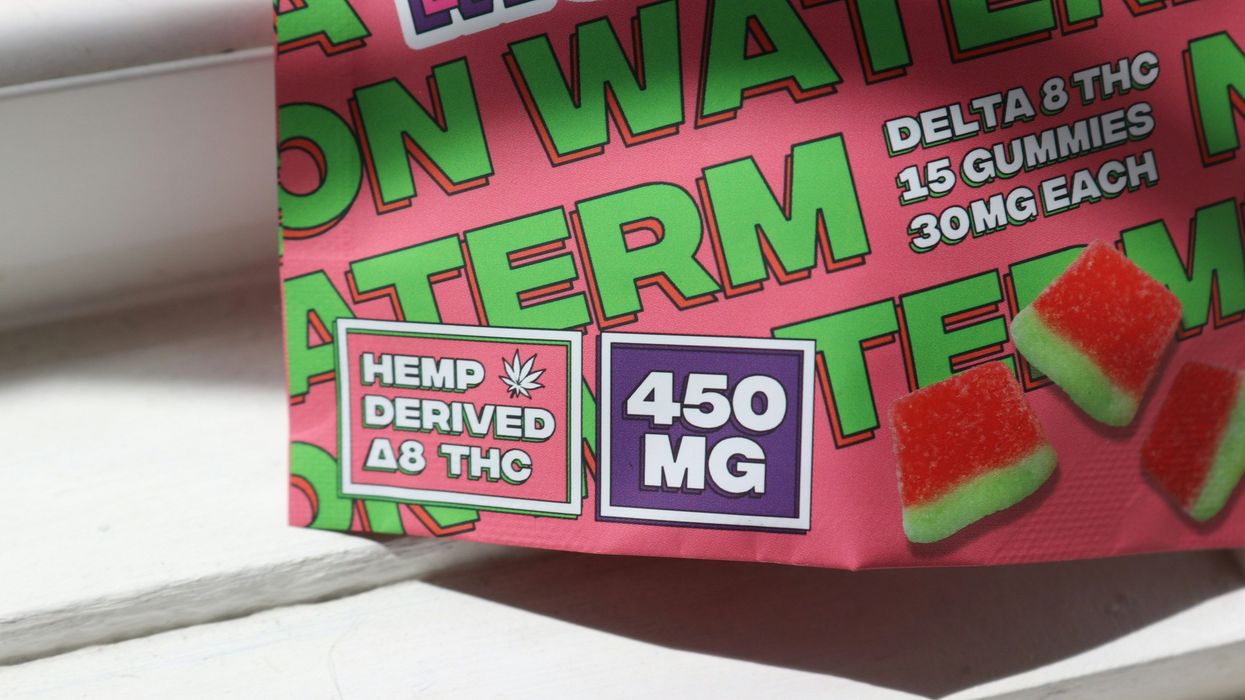


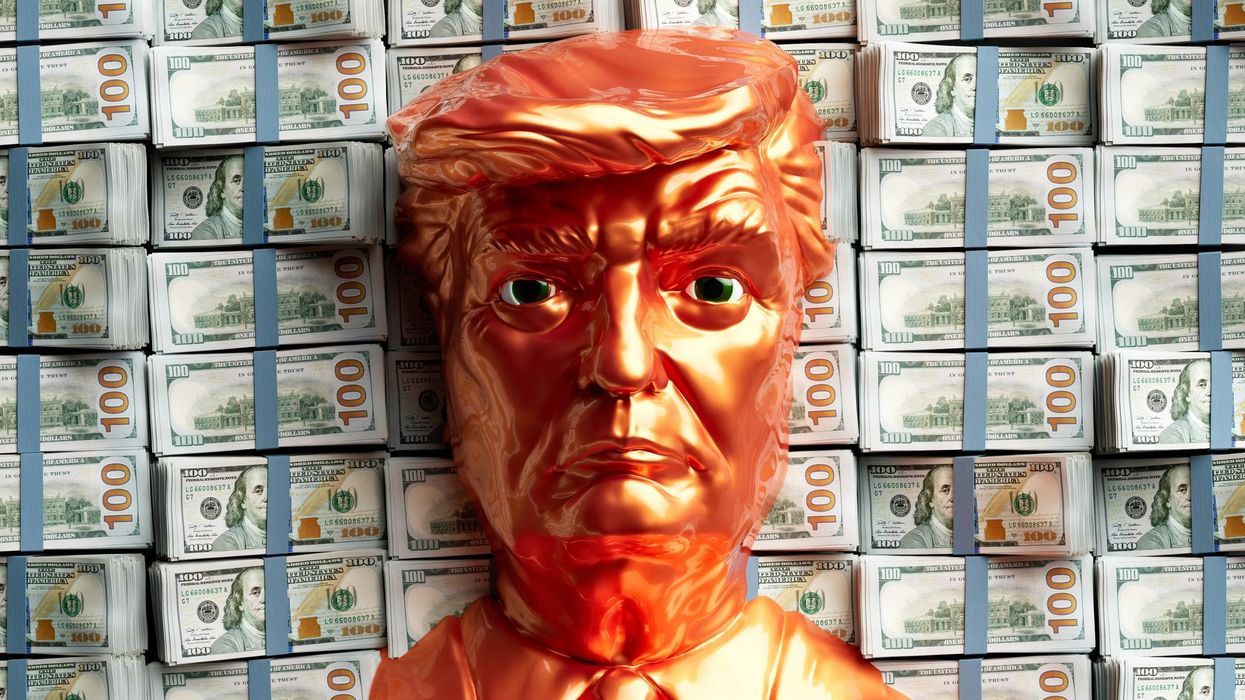




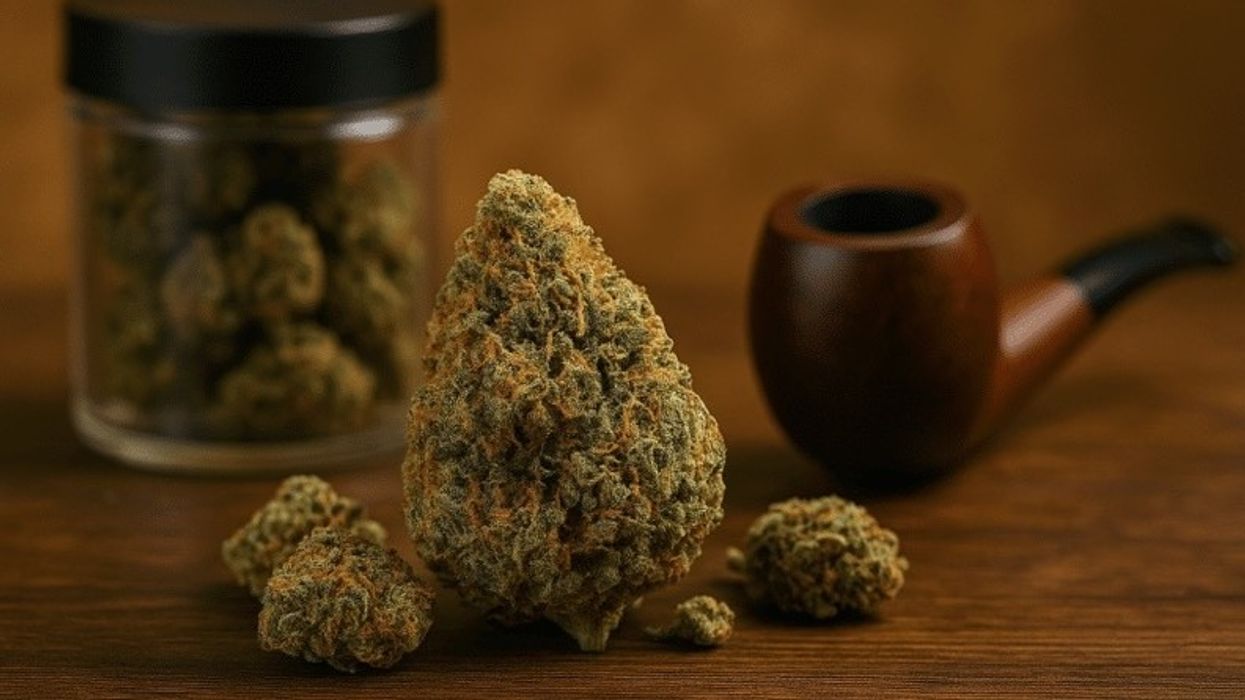


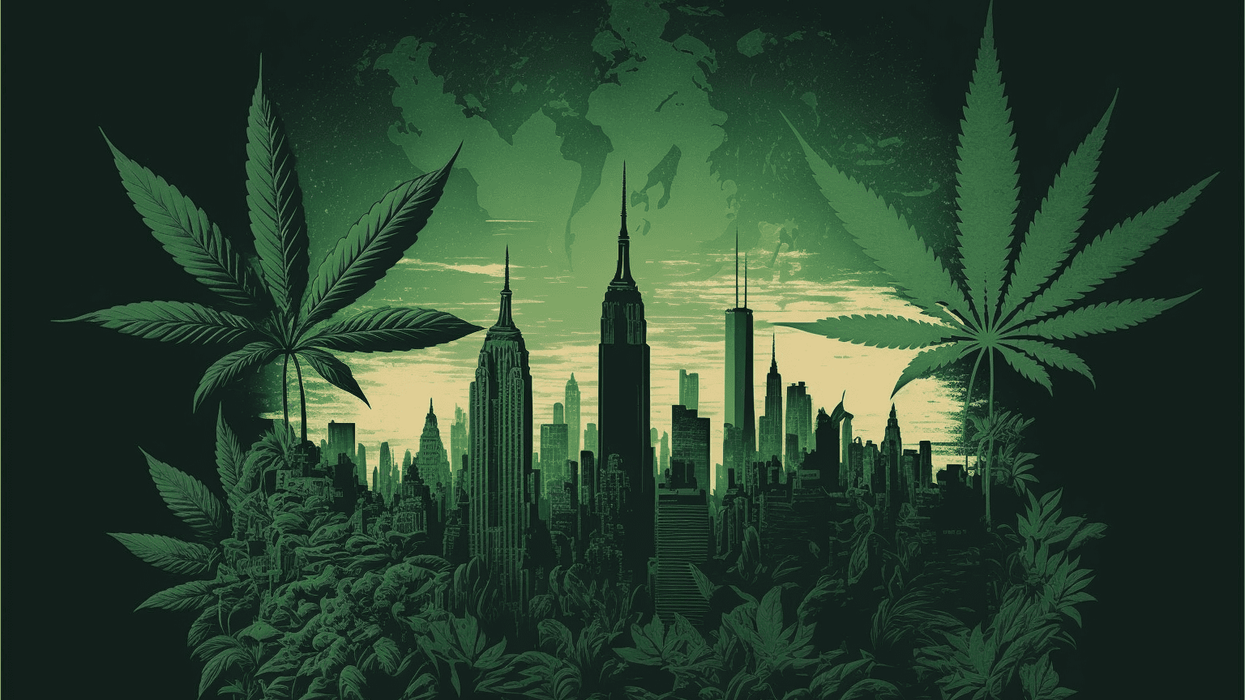
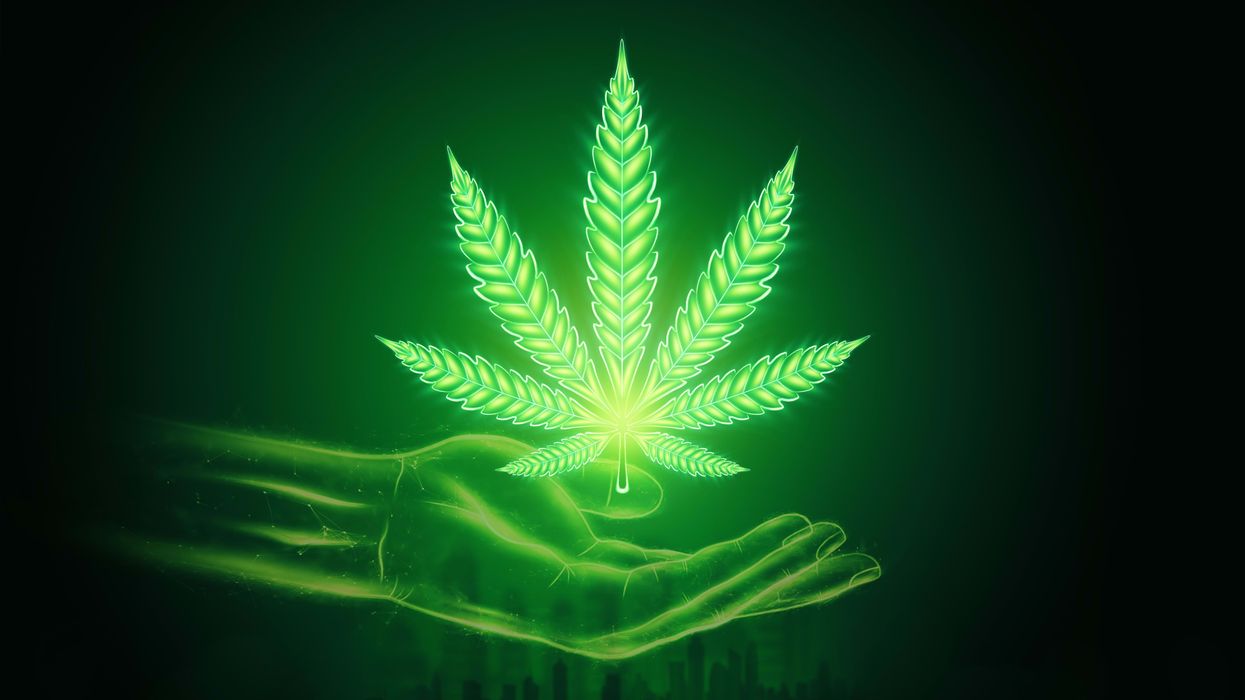
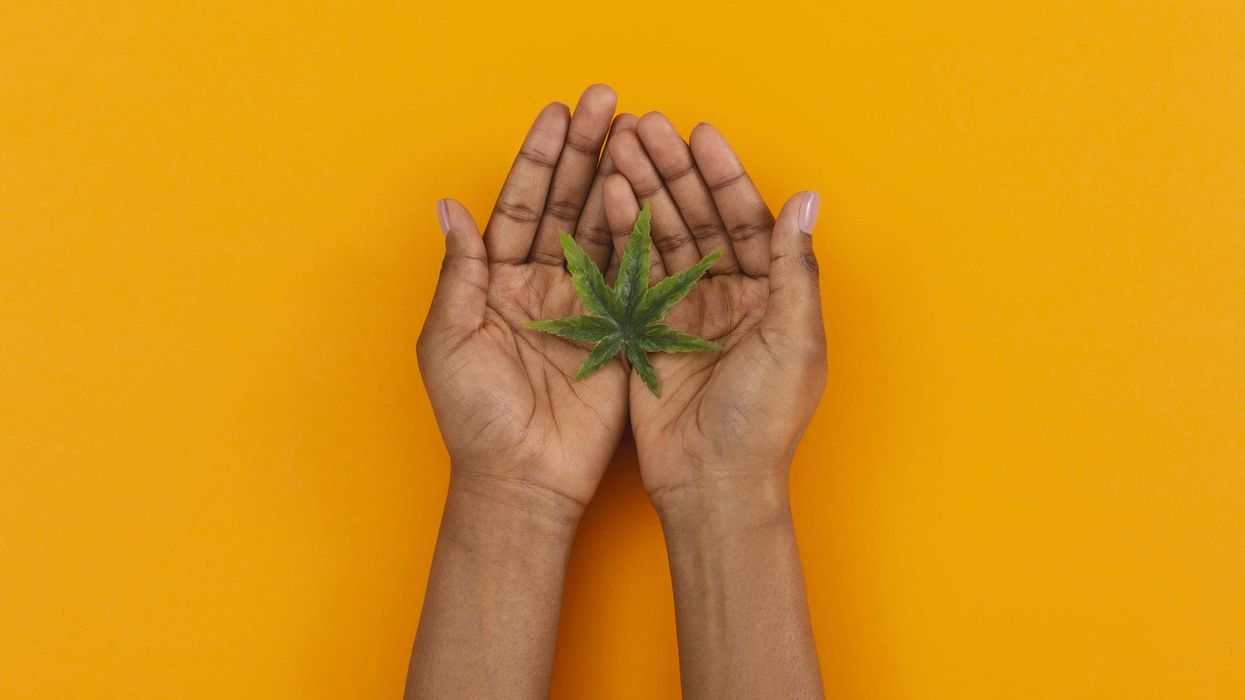

 Justin Timberlake Eye Roll Gif By Agent M Loves Gif - Find & Share on GIPHYAgent M Loves Gifs
Justin Timberlake Eye Roll Gif By Agent M Loves Gif - Find & Share on GIPHYAgent M Loves Gifs